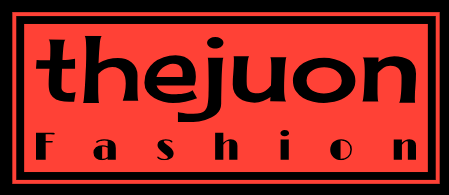Understanding the Ethical Concerns Surrounding Pet Food
Choosing pet food isn’t just about satisfying your furry friend’s hunger; it’s about making responsible choices that consider the environmental impact and the welfare of animals involved in the entire production process. Many conventional pet foods rely on unsustainable farming practices, contributing to deforestation, water pollution, and greenhouse gas emissions. Furthermore, the treatment of animals in factory farms often raises serious ethical questions, leading many pet owners to seek more ethical and sustainable alternatives.
The Importance of Sustainable Sourcing
Sustainable sourcing is paramount when selecting ethical pet food. This means looking for brands that prioritize ingredients from responsible suppliers. This could involve sourcing meat from farms that prioritize animal welfare and employ humane practices, avoiding factory farming methods. Similarly, vegetable and grain-based ingredients should come from farms that use sustainable agricultural techniques, minimizing their impact on the environment. Look for certifications like organic or Fairtrade to verify these claims.

Minimizing Environmental Impact: Packaging and Transportation
Beyond the ingredients themselves, the packaging and transportation of pet food have a significant environmental footprint. Opt for brands that use eco-friendly packaging materials, such as recycled or recyclable materials, and minimize plastic waste. Supporting brands that source ingredients locally or regionally reduces the carbon footprint associated with long-distance transportation, contributing to a more sustainable pet food supply chain.
Transparency and Traceability in the Supply Chain
Ethical pet food companies are transparent about their sourcing and production processes. They provide clear information on where their ingredients come from and how they are produced. Look for brands that offer detailed information on their websites or packaging, allowing you to trace the journey of your pet’s food from farm to bowl. This transparency builds trust and ensures accountability throughout the supply chain.
The Role of Animal Welfare in Ethical Pet Food
Ethical pet food production extends beyond sustainable sourcing to encompass animal welfare at all stages. This means ensuring that animals used in the production of pet food are treated humanely and with respect. Look for brands that explicitly state their commitment to animal welfare and adhere to strict guidelines on animal handling and slaughter. Consider avoiding brands that source ingredients from factory farms known for their poor animal welfare practices.
Choosing Locally Sourced and Seasonal Ingredients
Supporting brands that utilize locally sourced and seasonal ingredients offers numerous benefits. It reduces transportation emissions, supports local farmers and economies, and often results in fresher, higher-quality ingredients. Seasonal ingredients also tend to be more nutritious as they are harvested at their peak ripeness. This approach not only promotes sustainability but also contributes to the health and wellbeing of your pet.
Reading Labels Carefully: Understanding Ingredient Lists
Understanding pet food labels is crucial for making informed ethical choices. Look for clear and concise ingredient lists, avoiding those with vague or ambiguous terms. Prioritize brands that clearly identify the source of their ingredients and specify the percentage of each component. Be wary of foods with excessive fillers or artificial additives, as these often indicate less ethical and sustainable production practices.
Supporting Brands Committed to Sustainability
Many pet food companies are actively working towards more sustainable and ethical practices. Research brands that openly communicate their sustainability initiatives, such as reducing their carbon footprint, investing in renewable energy, or supporting conservation efforts. By supporting these companies, you directly contribute to positive change within the pet food industry and encourage other companies to follow suit.
Considering the Overall Impact: Beyond the Bowl
Making ethical choices extends beyond simply selecting sustainable pet food. Consider the overall impact of your pet’s lifestyle, from reducing your carbon footprint through responsible pet ownership to advocating for better animal welfare policies. A holistic approach to responsible pet ownership ensures a brighter future for both your pet and the planet. Click here to learn more about sustainable pet food in the UK.

